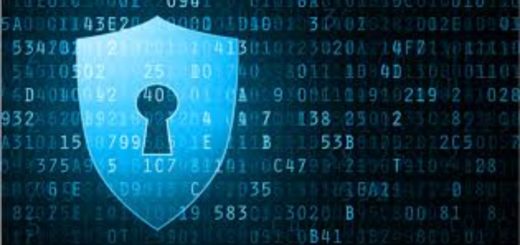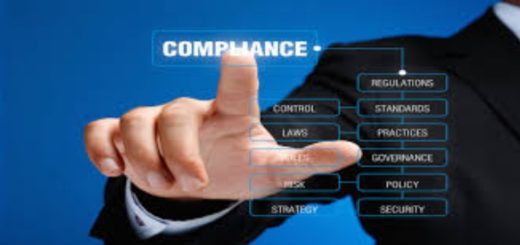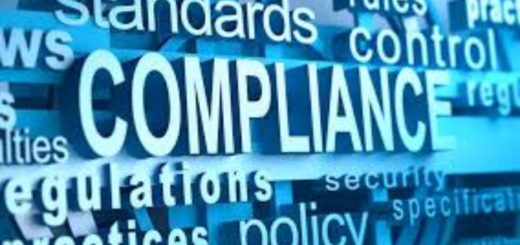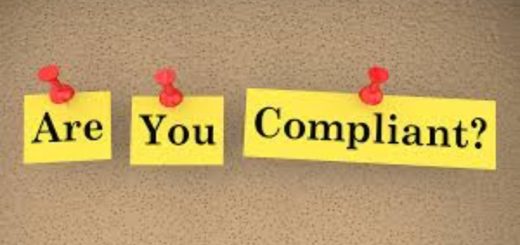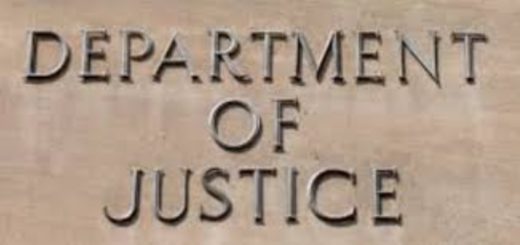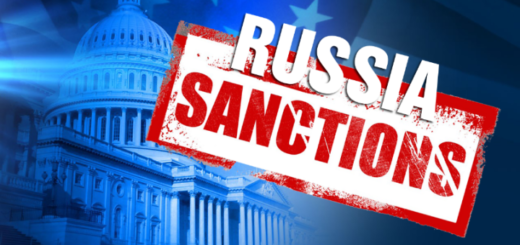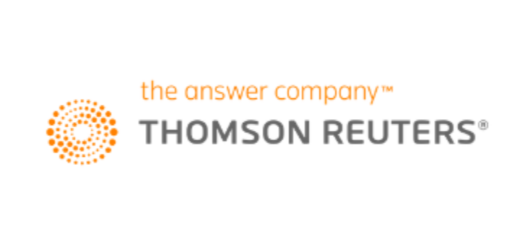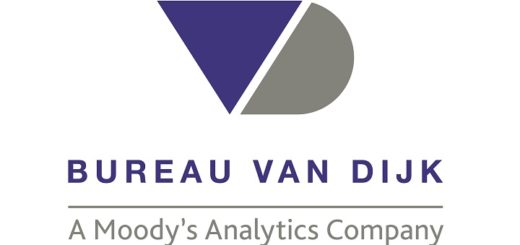DOJ’s New Corporate Compliance Guidance: Implementation, Operationalization and Effectiveness (Part IV of V)
The Volkov Law Group has scheduled a free webinar on DOJ’s New Compliance Program Guidance for May 9, 2019, at 12 noon EST. Sign up HERE. While I hate to start out a posting with such “mumbo jumbo” terms, I had to come up with short hand descriptions of some otherwise fairly complex and robust topics under the new DOJ Guidance. In evaluating whether a...



